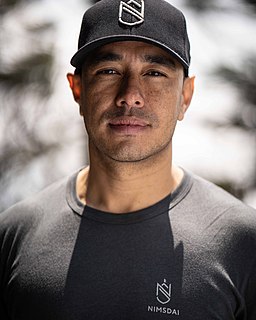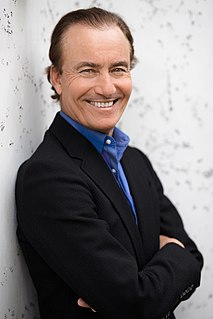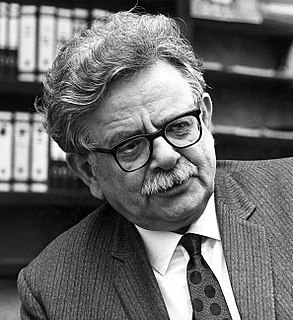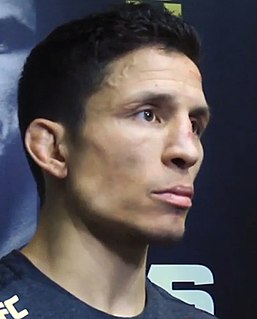A Quote by Gina McCarthy
Transparency is all about letting in and embracing new ideas, new technology and new approaches. No individual, entity or agency, no matter how smart, how old, or how experienced, can afford to stop learning.
Related Quotes
Cities need old buildings so badly it is probably impossible for vigorous streets and districts to grow without them.... for really new ideas of any kind--no matter how ultimately profitable or otherwise successful some of them might prove to be--there is no leeway for such chancy trial, error and experimentation in the high-overhead economy of new construction. Old ideas can sometimes use new buildings. New ideas must use old buildings.
By instructing students how to learn, unlearn and relearn, a powerful new dimension can be added to education. Psychologist Herbert Gerjuoy of the Human Resources Research Organization phrases it simply: 'The new education must teach the individual how to classify and reclassify information, how to evaluate its veracity, how to change categories when necessary, how to move from the concrete to the abstract and back, how to look at problems from a new direction — how to teach himself. Tomorrow's illiterate will not be the man who can't read; he will be the man who has not learned how to learn.'
In terms of writing and developing, TV is very open because TV needs stories. They need new pitches, and they need new ideas. They don't always take the risk for new ideas, but they are certainly open to it. They can't have enough people come in and pitch to them. It doesn't matter how they look or what gender they are.
The level of dynamism is a matter of how fertile the country is in coming up with innovative ideas having prospects of profitability, how adept it is at identifying and nourishing the ideas with the best prospects, and how prepared it is in evaluating and trying out the new products and methods that are launched onto the market.
We need to make growth greener, to make our economic and environmental policies more compatible and even mutually-reinforcing. This is not just a matter of new technologies or new sources of renewable, safe energy. It is about how we all behave every day of our lives, what we eat, what we drink, what we recycle, re-use, repair, how we produce and how we consume

































